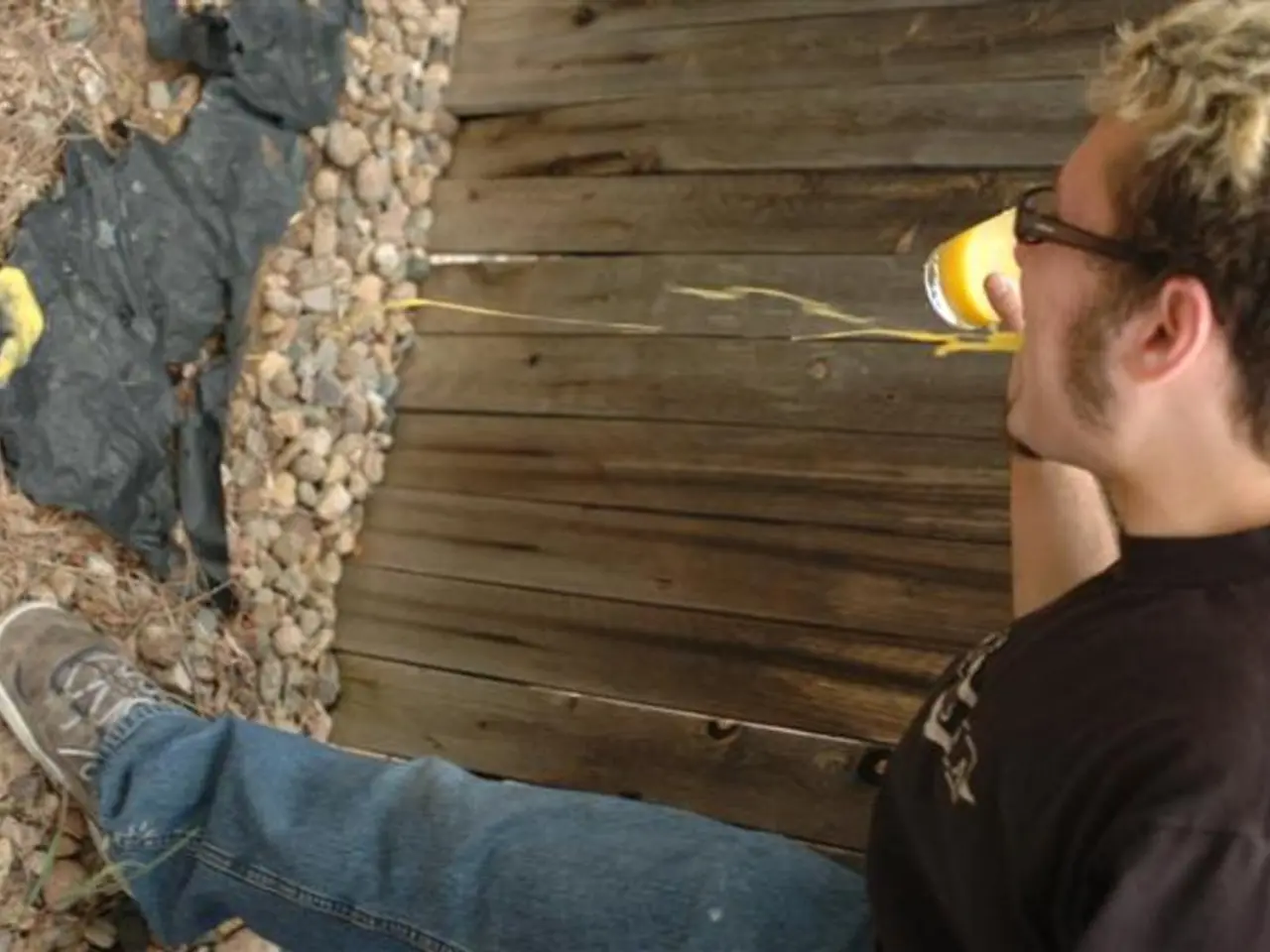Symptoms of Acid Reflux: When to Worry?
Acid reflux disease, also known as Gastroesophageal Reflux Disease (GERD), can often be managed at home with simple lifestyle changes and over-the-counter medications. However, there are instances when the symptoms of GERD may require immediate medical attention.
Recognizing Emergency Symptoms
Several emergency symptoms of GERD warrant immediate medical attention. These include:
- Sudden, severe chest pain, especially if it radiates to arms, neck, jaw, or back, and is accompanied by shortness of breath, sweating, dizziness, or nausea, as these may indicate a heart attack rather than GERD.
- Difficulty breathing or shortness of breath, which could signal aspiration or respiratory complications.
- Vomiting blood or having black, tarry stools, indicating possible gastrointestinal bleeding.
- Severe abdominal pain or bloating.
- Difficulty swallowing along with drooling or an inability to manage secretions, which may suggest obstruction or severe esophageal damage.
- Profuse sweating, dizziness, or lightheadedness.
Other concerning symptoms include progressively worsening difficulty swallowing solid foods or unexplained weight loss, as these can be signs of serious complications like esophageal cancer or strictures and should prompt prompt medical evaluation.
Treatment and Procedures
If a hospital visit is necessary for GERD treatment, the approach will depend on the specific symptoms or complications. Doctors may use an upper endoscopy to help treat conditions affecting the upper gastrointestinal tract, such as ulcers or removing stuck food.
During an upper endoscopy, a thin, flexible tube with a camera and light on one end is inserted into the esophagus and down into the stomach and small intestine. This procedure is useful for checking for complications of GERD or to check if other health conditions are causing symptoms.
For conditions like esophageal stricture, doctors may use dilation, place a stent into the esophagus, or perform surgery to remove any obstruction or cancerous cells.
In some cases, surgery may be required to treat GERD symptoms, such as fundoplication. During this procedure, a surgeon will wrap the top part of the stomach around the lower end of the esophagus to prevent the lower esophageal sphincter from opening and causing reflux.
Prevention and Management
Preventing acid reflux can involve several lifestyle changes. People may be able to treat acid reflux at home by losing excess weight and maintaining a moderate weight, raising the head during sleep by 6-8 inches, quitting smoking, eating meals at least before lying down or sleeping, avoiding food and drink that trigger acid reflux symptoms, taking antacids, taking H2 blockers, taking proton pump inhibitors, and making other lifestyle changes.
If frequent heartburn lasts for 3 weeks or longer, it is advisable to see a doctor. People may require an upper endoscopy if they have symptoms with no clear cause, such as nausea and vomiting, bleeding, persistent heartburn, difficulty swallowing or pain when swallowing, and unexplained weight loss.
In summary, while many cases of acid reflux can be managed at home, it is crucial to be aware of the emergency symptoms that may indicate a need for immediate medical attention. If in doubt, seeking medical advice is always the best course of action.
References:
- Northlake Gastroenterology’s guide on emergency red flags in GERD
- Prevention article highlighting chest pain and breathing distress symptoms
- Drugs.com listing serious GI bleeding and swallowing difficulties as urgent signs
- If people require treatment in a hospital for GERD, treatment may depend on the specific symptoms or complications they are experiencing.
- Doctors may use upper endoscopy to help treat conditions affecting the upper gastrointestinal tract, such as ulcers or removing stuck food.
- During fundoplication, a surgeon will wrap the top part of the stomach around the lower end of the esophagus to prevent the lower esophageal sphincter from opening and causing reflux.
- To treat an esophageal stricture, doctors may use dilation, place a stent into the esophagus, or perform surgery to remove any obstruction or cancerous cells.
- Gastroesophageal reflux disease (GERD) can lead to serious complications that require medical attention, such as an esophageal stricture.
- An upper endoscopy may be necessary for a doctor to check for complications of GERD or to check if other health conditions are causing symptoms.
- GERD is a chronic health condition that people must manage over time, with symptom-free periods and other phases with more severe symptoms. In some people, the esophagus may become inflamed, but in about 2 in 3 people with acid reflux, the reflux will not affect the esophagus' lining.
- Symptoms of emergency acid reflux may include persistent vomiting, vomit with blood or resembling coffee grounds, difficulty swallowing, pain when swallowing, loss of appetite, bloody stools, black tarry stools, and unexplained weight loss.
- If experiencing chest pain with shortness of breath, cold sweats, nausea, or lightheadedness, one should go to the emergency room or call 911.
- An upper endoscopy is a procedure that helps doctors examine the esophagus, stomach, and the first section of the small intestine.
- If people have gastrointestinal bleeding, treatments may include an upper endoscopy, medications to treat ulcers, and minimally invasive surgery to stop bleeding.
- Some people may require surgery to treat GERD symptoms, such as fundoplication.





